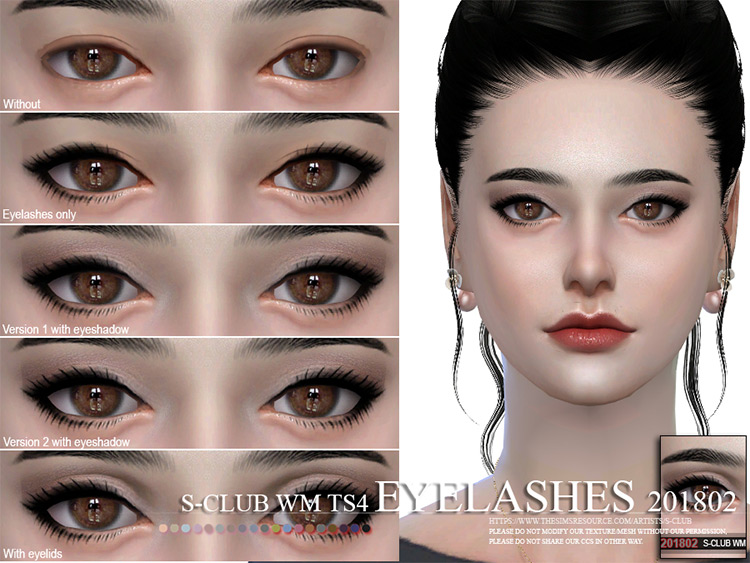

compatible with all skin tones, body types, + eyelid types.Honey Default Skin-blend default skin-blend "This antibody could be harnessed to prevent maybe SARS-CoV-3 or SARS-CoV-4," Martinez added.4. "The therapeutic activity even after mice were infected suggests that this could be a treatment deployed in the current pandemic, but also stockpiled to prevent the spread of a future epidemic with a SARS-related virus," said David Martinez, a post-doctoral researcher at UNC's Gillings School. When given after infections, the antibody reduced severe lung symptoms compared to animals that were not treated with the antibody, according to the researchers. "The findings provide a template for the rational design of universal vaccine strategies that are variant-proof and provide broad protection from known and emerging coronaviruses," said study co-senior author Ralph S Baric, a professor at UNC Gillings School of Global Public Health. The researchers also found that the antibody provide protection from many animal coronaviruses that have the potential to cause human pandemics. They found that when given before the animals were infected, the antibody protected mice against developing SARS, COVID-19 and its variants such as Delta. Researchers at the University of North Carolina at Chapel Hill (UNC), US, tested the antibody in mice to determine whether it could effectively block or minimise the infections.

"As a result, it can neutralise a wide range of coronaviruses," he explained. "This antibody binds to the coronavirus at a location that is conserved across numerous mutations and variations," Haynes said. Of the 1,700 antibodies from the two individuals, the researchers found 50 antibodies that had the ability to bind to both the SARS-CoV-1 virus as well as SARS-CoV-2, which causes COVID-19.įurther analysis found that one of those cross-binding antibodies was able to bind to a multitude of animal coronaviruses in addition to the two human-infecting pathogens.

They focused on antibodies that target these sites because of their potential to be highly effective across different lineages of a virus. However, the researchers noted that there are often sites on the virus that remain unchanged despite mutations. When viruses mutate, many binding cites are altered or eliminated, leaving antibodies ineffectual, they said. The researchers identified over 1,700 antibodies, which the immune system produces to bind at specific sites on specific viruses to block the pathogen from infecting cells.


 0 kommentar(er)
0 kommentar(er)
